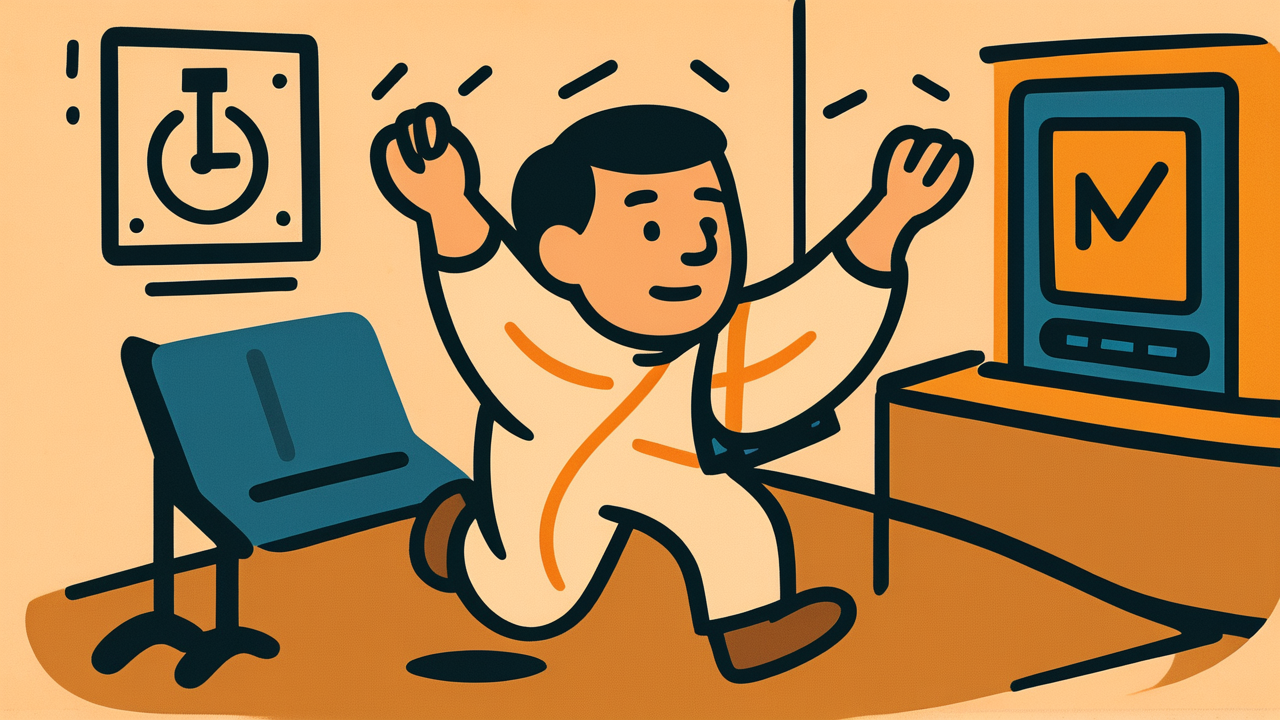How to Read “習うより慣れよ”
Narau yori nare yo
Meaning of “習うより慣れよ”
“Rather than learning become accustomed” means that becoming familiar with something through repeated practice is more effective for acquiring skills and knowledge than being taught by others.
This proverb speaks to the relationship between theoretical learning and practical experience. Of course, learning basic knowledge and techniques is important, but that alone does not lead to true mastery. Only by actually moving your hands, accumulating failures, and learning through your body can you truly acquire real skills.
It is used as advice for people trying to learn new skills, or as counsel for those who tend to rely too much on theory. It is also used when wanting to emphasize the importance of practice. The reason for using this expression is that many people know from experience that there is a big difference between understanding something intellectually and actually being able to do it. Even today, we realize that this teaching applies to all fields – sports, musical instruments, cooking, work skills, and more.
Origin and Etymology
The origin of “Rather than learning become accustomed” is deeply connected to the educational philosophy of the Edo period. During this era, the world of craftsmen commonly followed an apprenticeship system of “learning by watching” and “learning through the body.” The transmission of skills from master to apprentice was considered something to be acquired through repeatedly performing actual work, rather than through verbal explanations.
This proverb is said to appear in literature from the mid-Edo period onward, reflecting the practical educational philosophy of the time. “Learning” referred to receiving instruction from a teacher, while “becoming accustomed” meant naturally acquiring skills through repeated practice.
Particularly noteworthy is that the background from which these words emerged included the “practice-oriented” values of Japanese society at the time. In every field – samurai swordsmanship, craftsman techniques, merchant business skills – actual experience was valued over theory. Even in terakoya education, reading, writing, and arithmetic were considered things to be mastered through repeated practice.
This proverb is thought to have spread among people as an expression that condensed the wisdom of that era.
Usage Examples
- With piano, it’s “Rather than learning become accustomed” – I think continuing to play even a little bit every day is the shortcut to improvement
- I learned the basics in new employee training, but actual sales work is “Rather than learning become accustomed”
Modern Interpretation
In modern society, “Rather than learning become accustomed” has taken on new meanings and challenges. In the information age, methods of acquiring knowledge and skills have changed dramatically. Learning theory through YouTube and online courses has become easier than before, but opportunities for practice have often become more limited.
In the programming world, this proverb is particularly valued. No matter how many books you read, you cannot become a programmer without actually writing code. Many engineers advocate the importance of “first trying to create something that works,” which can be said to be the modern version of this teaching.
On the other hand, critical views of “Rather than learning become accustomed” have also emerged in modern times. The dangers of continuing unfounded customs or inefficient methods through “familiarity” have been pointed out. Particularly in the business world, scientific approaches based on data are valued, and questions are raised about relying solely on experience.
However, precisely because we live in an age where AI and robots are developing, the creativity and adaptability that only humans can possess are still things to be acquired through practice. What is required is to apply the essence of this proverb to modern times while balancing theory and practice.
When AI Hears This
According to neuroscience research on memory systems, our brains contain two fundamentally different types of memory: “declarative memory” and “procedural memory.” Declarative memory consists of knowledge that can be explained in words and is stored in brain regions centered around the hippocampus. In contrast, procedural memory involves skills learned through physical practice and is handled by completely different brain regions like the basal ganglia and cerebellum.
“Practice makes perfect” perfectly captures the difference between these two memory systems. Consider learning to ride a bicycle. No matter how detailed an instruction manual you read (declarative memory), you won’t actually be able to ride until you practice repeatedly and experience multiple falls (procedural memory). What’s fascinating is that once acquired, procedural memory shows remarkable persistence. The reason your body remembers how to ride a bike even after decades is that procedural memory is far more stable than declarative memory.
Even more noteworthy is that acquiring procedural memory requires “error-based learning.” Through repeated failures, the brain’s neural circuits become optimized, creating unconscious-level expertise. This is a completely different process from simply accumulating knowledge, and it represents the true neuroscientific essence of “getting used to” something through practice.
Lessons for Today
What “Rather than learning become accustomed” teaches us today is the importance of starting first, without seeking perfection. When challenging something new, we tend to postpone it, thinking “after I study more” or “after I’m better prepared.” But this proverb gives us the courage to “just try it for now.”
In modern society, information overflows and we can research anything in advance. However, no matter how much we research, there are many things we cannot understand without actually trying them. Child-rearing, human relationships, work techniques, the joy of hobbies. All of these are things we gradually acquire through practice.
What’s important is not fearing failure. Becoming accustomed means accumulating experience, including failures. Even if things don’t go well at first, you’ll naturally grasp the knack as you continue. That process itself is your growth.
Why not start something new today? It doesn’t have to be perfect. Take a small step forward, and as you become familiar with it, you’ll surely encounter a new version of yourself.



Comments